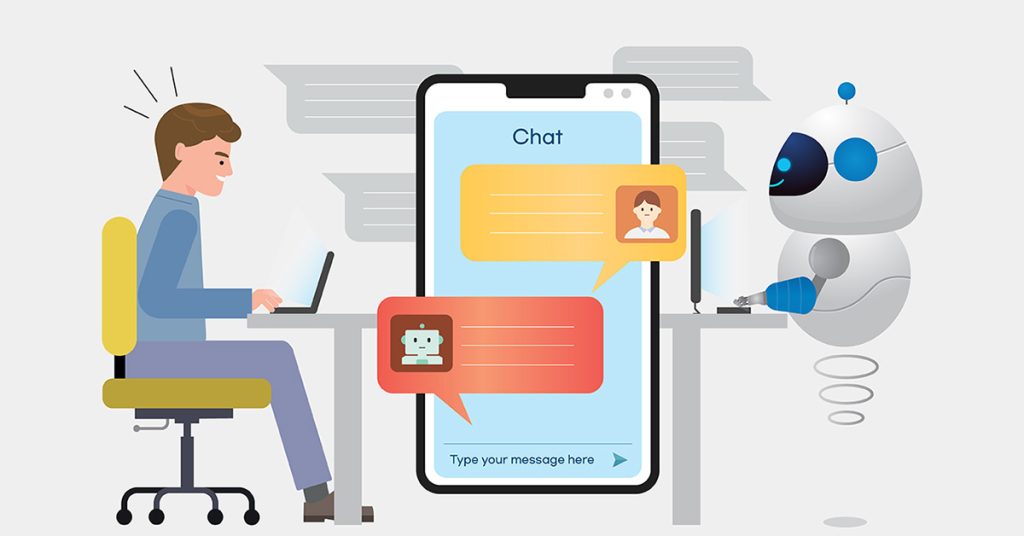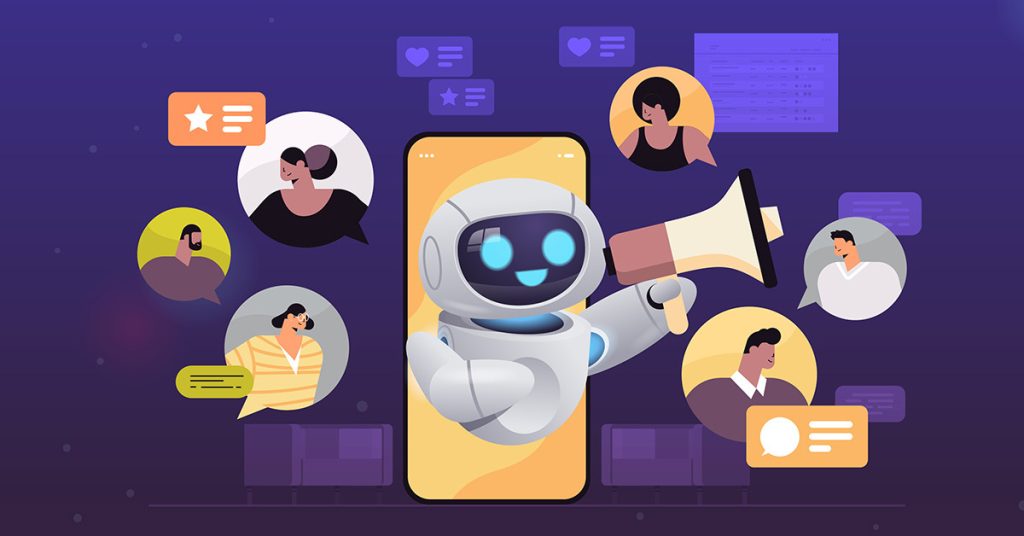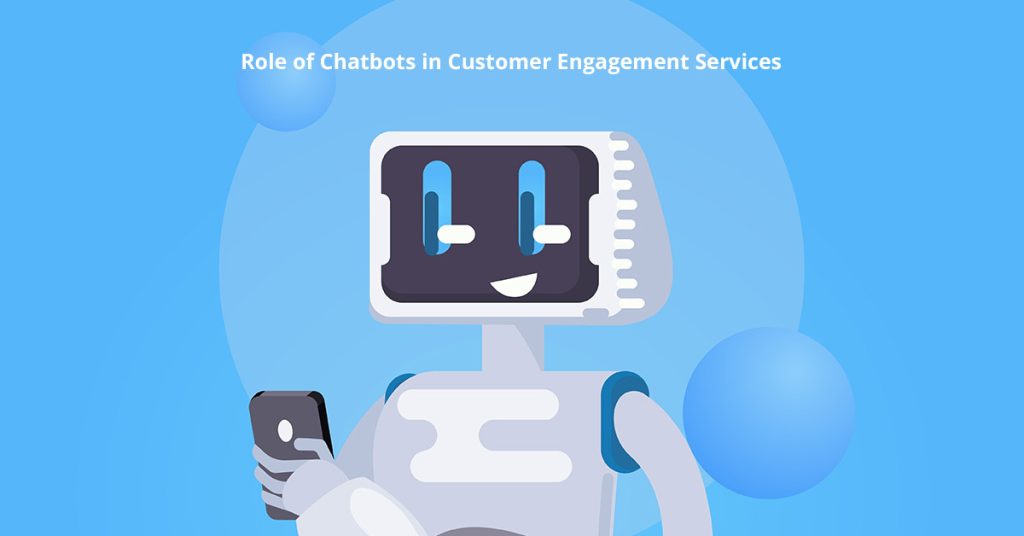Importance of strong customer relationships :
In today’s competitive business market, customers have more choices than ever before. So building strong relationships with them is no longer a nicety, it’s a necessity. Loyal customers are the backbone of any successful business. They provide repeat business, positive word-of-mouth marketing. It also provides valuable feedback that can help to improve products and services.
Why Do Strong Customer Relationships Matter ?
Strong customer relationships lead to a number of significant benefits for businesses.
First, they can help you increase customer lifetime value. It is the total amount of money a customer spends with your business over their lifetime. Second, strong relationships can help you boost customer retention rates. It is the percentage of customers who continue to do business with you over time.
Third, happy customers are more likely to recommend your business to others. It means generating positive word-of-mouth marketing. Fourth, strong relationships can provide you with valuable customer insights that you can use to improve your products and services. Finally, a good reputation for customer service can help you attract new customers and differentiate yourself from the competition.

5 Tips to Strong Customer Relationships :
1) Omnichannel Support and Personalization :
Customers expect to be able to interact with businesses through their preferred channels. This is where omnichannel support comes in. Omnichannel support means providing consistent and seamless customer service across all channels. Like phone, email, live chat, social media & your website.
Why is omnichannel support important ?
- Meets customers where they are : Customers can get help whenever and however they need it.
- Improves customer satisfaction : A seamless experience across channels leads to happier customers.
- Increases efficiency : Omnichannel support can help you resolve customer issues more quickly.
Personalized Interactions with Customer Data :
Customer data is a goldmine of information. Business can be used to personalize the customer experience. By collecting & analyzing data from various channels, can help to gain valuable insights into your customers’ preferences, needs & buying habits. This information can then be used to personalize interactions with your customers, such as by :
- Sending targeted email campaigns with product recommendations based on past purchases.
- Providing personalized greetings and support on live chat.
- Offering relevant content and promotions on your website.
Personalization can go a long way in making customers feel valued and understood. It can lead to increased satisfaction and loyalty.
2) Building a Customer-Centric Culture :
Creating a customer-centric culture is essential for building strong customer relationships. This means that your entire organization, from the top down, should be focused on meeting the needs and exceeding the expectations of your customers.
Automating for Efficiency and Accessibility :
Automated systems can play a valuable role in providing efficient & accessible customer service. Here are some ways you can use automation to improve your customer service :
Chatbots : Use chatbots to answer frequently asked questions and provide basic customer support.
Self-service portals : Allow customers to access information & resolve issues on their own time through a self-service portal.
Automated ticketing systems : Use automated ticketing systems to streamline the process of tracking & resolving customer inquiries.
Automation can free up your human customer service representatives to handle more complex issues. It also provides personalized assistance to customers who need it.
3) Empowering Customers with Self-Service :
Self-service options allow customers to find information, resolve issues. It also helps to complete tasks on their own time. Thus, reducing the need to wait on hold or contact customer support. This can be a great way to empower customers and improve their overall satisfaction.
Designing User-Friendly Self-Service Portals :
Make it easy to find : Your self-service options should be easy for customers to find. Promote them on your website, in your email marketing, and on social media.
Keep it simple : The user interface should be simple and intuitive. Use clear and concise language, and avoid jargon.
Offer a variety of resources : Provide a variety of self-service resources. Like FAQs, knowledge base articles, how-to videos, and user manuals.
Make it searchable : Allow customers to search for the information they need using a search bar.
Offer multiple channels : Make your self-service options available through multiple channels, such as your website, mobile app & social media.
Provide feedback mechanisms : Make it easy for customers to provide feedback on your self-service options.
4) Making Your Customers Feel Heard and Valued
Customers want to feel like their business is valued. By listening to their concerns and responding in a timely & helpful manner, you can show them that you care. Active listening is the foundation of positive customer interactions.
It involves paying close attention to what the customer is saying, both verbally & nonverbally. It also involves asking clarifying questions & summarizing what you have heard to ensure understanding. By actively listening to your customers, you can show them that you care about their concerns. It also shows that you are committed to resolving their issues.
Creating feedback loops is essential for gathering customer insights and feedback. Feedback loops allow you to collect information from your customers on a regular basis. Business can use that information to improve your products, services, and customer experience.
5) Deliver Consistent and Valuable Customer Communication :
Customers expect clear, consistent, and valuable communication from the businesses they interact with. Effective customer communication can build trust, loyalty, and advocacy for your brand. This presentation will explore key strategies for delivering consistent and valuable customer communication.
Providing valuable customer communication through automated tools :
Automation tools can be a valuable asset for delivering consistent & personalized customer communication. These tools provide personalization communication based on customer data and preferences.
For example, using automation to send targeted email campaigns or personalized chat messages. Automation can also automate repetitive tasks, such as sending order confirmations or shipping notifications. This frees up your customer service team to handle more complex interactions that require a human touch.
Segmentation is another powerful tool that targets specific customer groups with relevant content. By segmenting your customer base, you can ensure that your communication is more relevant & engaging. Finally, it’s important to measure the effectiveness of your communication efforts.
Importance of chatbot in building strong and lasting relationships :
Building strong and lasting customer relationships is no longer a luxury. It’s the cornerstone of business success. By fostering a customer-centric culture that prioritizes active listening & personalized communication. Also a commitment to resolving issues, you can create a loyal customer base that advocates for your brand.
Chatbots can be a powerful tool in this journey. They offer the advantage of 24/7 availability, efficient lead generation & the ability to personalize interactions at scale. It’s crucial to remember that chatbots are best seen as teammates, not replacements, for human connection. The ideal scenario involves leveraging Botbuz’s strengths to streamline processes and provide initial support. While ensuring a seamless handoff to human representatives when situations require a more nuanced touch.
The key to building lasting relationships lies in the delicate balance between automation & empathy. By weaving together the efficiency of chatbots with the irreplaceable value of human interaction. Business can create a customer experience that feels both personalized, and supported. In the end, it’s about building trust and connection – the threads that bind customers to your brand for years to come.
Building strong and lasting relationship through Botbuz chatbot :
Chatbots play a valuable role in building strong and lasting customer relationships. Botbuz, is a well-designed chatbot. It can be a powerful tool for enhancing your customer experience strategy.
How Botbuz Can Help ?
24/7 Availability : Botbuz provide 24/7 customer support. It means that customers can get help whenever they need it.
Personalized Interactions : Botbuz can be programmed to personalize interactions with customers by using customer data & preferences.
Efficient Lead Generation and Qualification : Botbuz can qualify leads and collect customer information. Thus, freeing up human representatives for more complex sales conversations.
Faster Resolution Times : By handling simple inquiries & requests, Botbuz can help to resolve customer issues.
The Human Touch and Botbuz :
It’s important to remember that Botbuz is a tool. The human touch is still essential for building strong customer relationships. Here’s how Botbuz can work alongside human representatives:
Handoff to Live Chat : When Botbuz encounters a complex issue, it can transfer the conversation to a live chat representative.
Escalation to Phone Support : For situations requiring in-depth discussion, Botbuz can escalate the issue to phone support.
Human Review of Conversations : Regularly review Botbuz conversations to identify areas for improvement. Also ensure that it accurately reflects your brand voice.
By using Botbuz business can ensure a smooth handoff to human representatives when needed. Business can create a seamless customer experience that leverages the strengths of both AI and human interaction.
Building strong and lasting customer relationships is essential for business success in today’s competitive landscape. By implementing the strategies businesses can create a customer-centric culture that fosters trust, loyalty, and advocacy for your brand. Remember, Botbuz can be a valuable tool in your customer experience strategy, but it should always be used in conjunction with a focus on human connection and excellent customer service.





